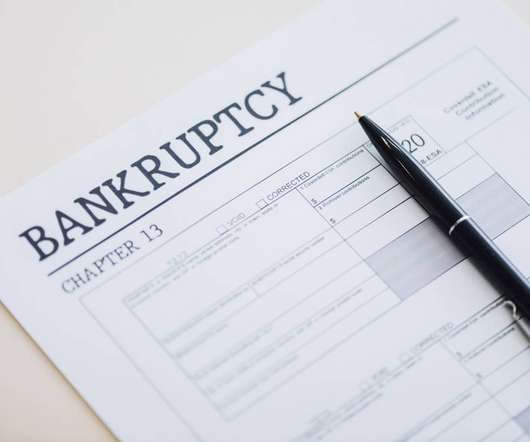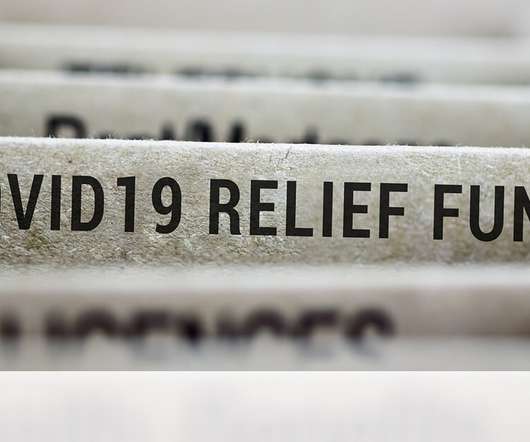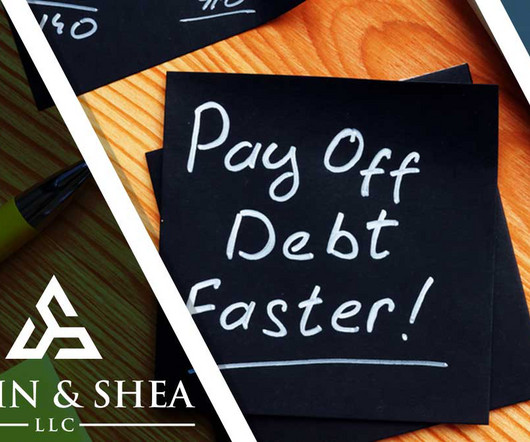What Debts Will Remain After A Chapter 13 Discharge?
Sawin & Shea
JULY 8, 2020
The kinds of debt that can typically be eliminated are credit card debt, medical bills, utility bills, evictions, repossessions, and personal loans. You can also wipe out debts owed to gyms, clubs, and other personal services. Which Debts Cannot Be Discharged by Chapter 13 Bankruptcy?




















Let's personalize your content